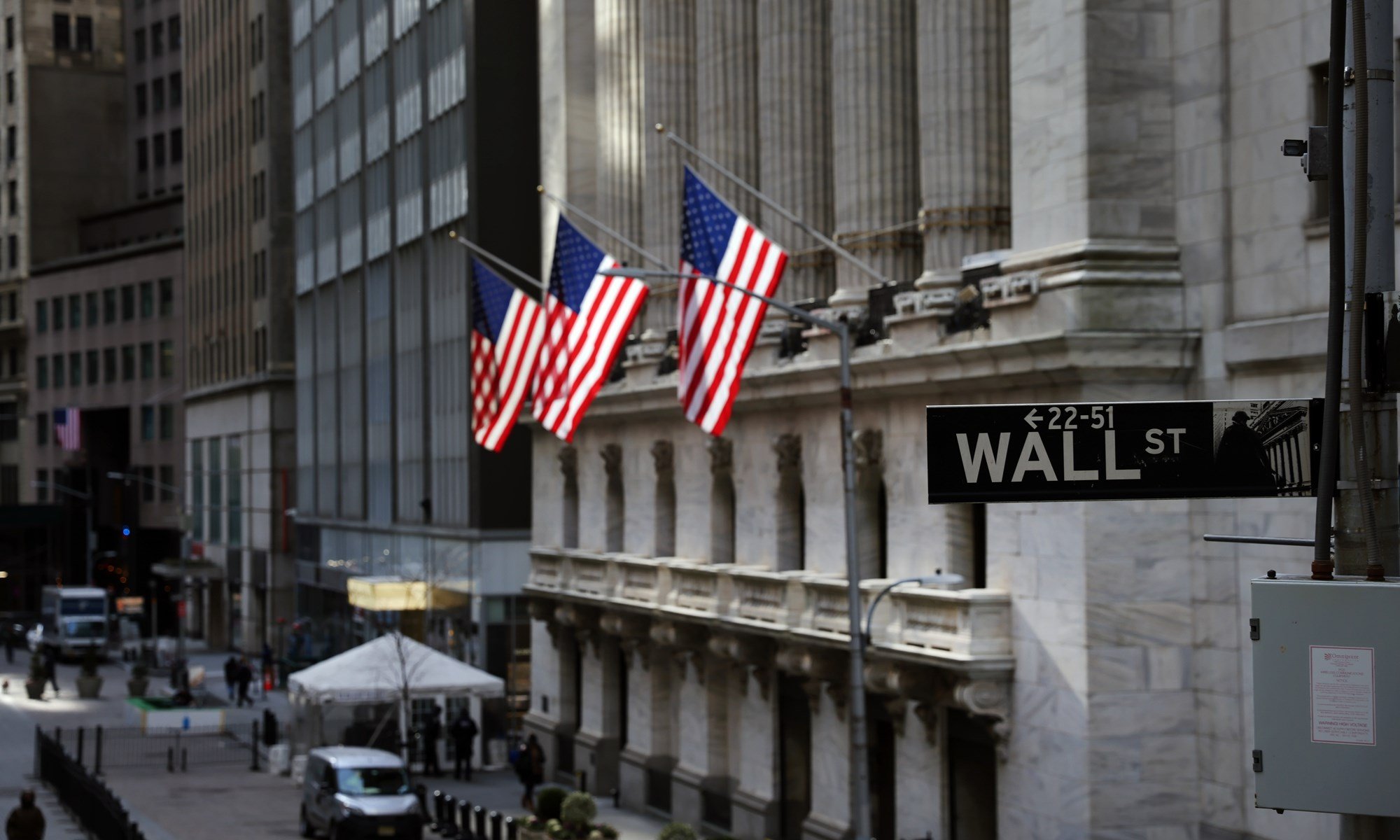US debt to grow $5bln per day for next ten years: Bank of America
The bank's numbers are based on data forecasts provided by the Congressional Budget Office.
-

The New York Stock Exchange (NYSE) stands in the Financial District in Manhattan on January 28, 2021, in New York City, United States (AFP)
The United States' debt will grow by a whopping $5.2 billion daily for the next ten years, Bank of America said in a memo to clients on Thursday just days after Fitch downgraded US credit rating.
The research note, released by the bank's chief financial advisor Michael Hartnett, relied on data from the Congressional Budget Office (CBO), a nonpartisan federal agency, which forecasted that American debt will hit $50 trillion by 2033.
Read more: Moody's cuts US banking sector view to negative after banks collapse
According to Hartnett, the number will be equivalent to giving every US citizen $15 each morning for ten consecutive years.
The country's debt will jump from 98% of GDP to 181% by 2053, CBO warned, placing them in the ballpark of rations only seen during WWII and the Covid pandemic.
Last week, Fitch announced slashing the credit rating of the US from AAA to AA.
According to the international rating agency, the decision was due to "expected fiscal deterioration over the next three years, a high and growing general government debt burden, and the erosion of governance."
In Fitch's view, there has been a steady deterioration in governance standards over the last 20 years, including on fiscal and debt matters, notwithstanding the June bipartisan agreement to suspend the debt limit until January 2025.
"Such high and rising debt would slow economic growth, push up interest rates to foreign holders of U.S. debt, and pose significant risks to the fiscal and economic outlook," the CBO said in a statement last Wednesday.
The latest US abolishment of the debt ceiling until January 2024 means that the United States not only headed toward what the CFRB warned about of "excessive borrowing" but even went down a more dangerous path: borrowing without limit.
With the absence of a clear Fed policy to bring down inflation through rate hikes without pressuring the market into a recession, the United States economy remains vague - something investors are not very fond of.
It's noteworthy that US inflation surged to a new four-decade high in May of last year, defying hopes that price pressures had peaked and deepening President Joe Biden's political troubles as Americans struggle to meet the cost of essentials like food and gas.

 3 Min Read
3 Min Read








